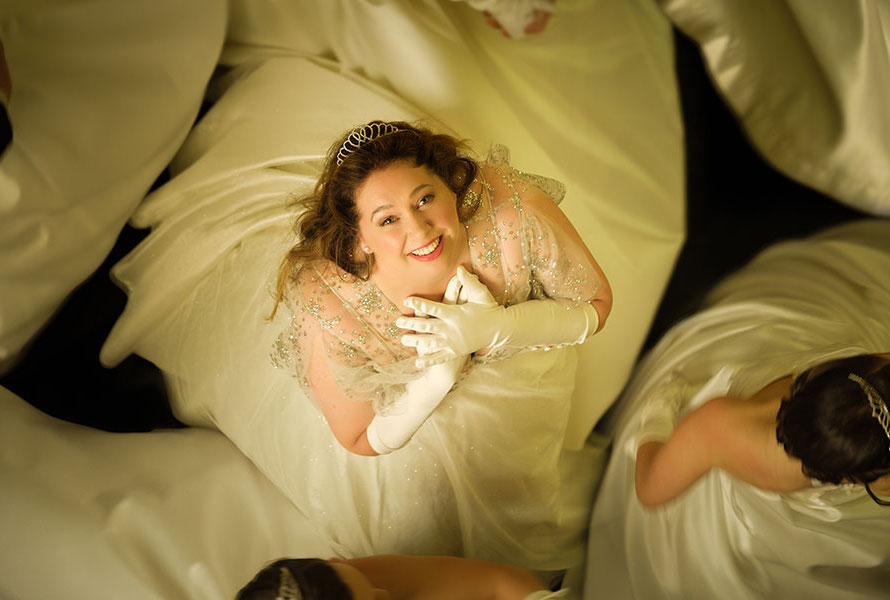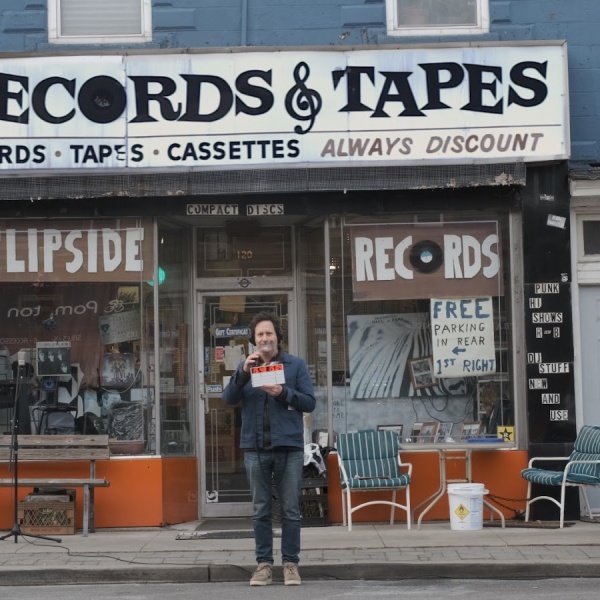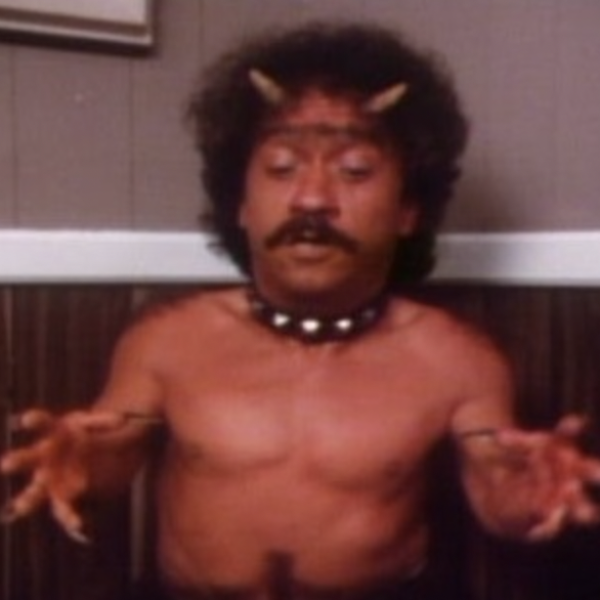“This town is where feminism goes to die.” Those are the words of one Maeve Simpkins (Charlotte MacInnes), an outspoken woke teenager forced by her mother to leave Sydney, Australia city life to go live with her uncle (Shane Jacobson) and cousin Taylah (Natalie Abbott) in rural Dunburn. Canceled by her former classmates and the private school’s administration for exposing her breasts at school to protest the patriarchy, Maeve must contend with country life after her fall from grace. In Dunburn, she and Taylah devise a plan to use the upcoming debutante ball, The Deb, to snag a date and reevaluate their possibilities.
But don’t worry, it’s all done through the power of song.
Movie musicals are frequent mainstays of cinema’s history, recently adding “Emilia Perez” and Samantha Jayne and Arturo Perez Jr.’s version of “Mean Girls” to the growing list this year alone. But for every “Chicago” that stands the test of time, there is a version of stage musicals set to film that doesn’t resonate with audiences. It seems that “The Deb” might suffer from this trend mainly due to overestimating director Rebel Wilson‘s comedy skills.
“The Deb” opens with a fantastic musical number called “Fuck My Life.” The vulgar lyrics provide a world-building exercise in which Maeve’s self-indulgent behavior is exaggerated for comedic purposes. She and her cool friends sing, dance, and drive their Maseratis to showcase the point that they may be spoiled teenagers, but they still feel like they aren’t seen. Think “Derry Girls” set to some catchy pop tunes.
We soon learn that Maeve’s gravy train has hit its final station, as she’s quickly shipped off to Dunburn to work on her uncle’s farm and gain a better perspective on life. She might be the rebellious, attention-seeking Gen Z type, but her well-meaning loner cousin Taylah is obsessed with only one thing: Coming out and making her debut at the local debutante ball dubbed The Deb. Picking out dresses, asking just the right guy to accompany her to The Deb, these are the things that make small town life that much better.
Opposites attract, even if the cousins haven’t seen one another in years. Taylah’s mom has passed away, while Maeve’s parents are divorced. But the two get reacquainted fast, and it isn’t before long that Maeve agrees to make a podcast about The Deb in an effort to shine a light on some of Dunburn’s problems.
Yes, there’s a B-story at play in “The Deb,” which concerns the prickly issue of a drought wreaking havoc on the town. Taylah’s dad happens to be the Mayor of Dunburn, and it’s his mission to make sure the entire country knows of their troubles. How does he accomplish such a lofty task? Attempting to create a viral social media sensation out of The Deb and some ill-conceived dance moves he and his assistant try.
All the while, Taylah is plagued by small-town bullies known as The Pixie Cups, led by Annabelle (Stevie Jean) and her mother, Janette (Rebel Wilson). Similar to The Plastics in “Mean Girls,” the Pixie Cups are the popular girls in school, albeit there isn’t one scene in “The Deb” that shows these teenagers in an actual classroom. Wilson pops in and out quite often throughout the movie as the local salon owner, annoyingly so, lending her musical chops to accompany her directorial debut.
At the heart of the movie is the idea that a city slicker like Maeve could come to this small town, make a difference, create a grassroots effort to fund the Mayor’s drought relief project, and rid her cousin of the sweet farm girl reputation she’s gained. Of course, much of this doesn’t go according to plan as The Deb’s arrival inches closer to reality. Maeve’s reputation seems to follow her wherever she goes, and as a result, the cousins begin feuding.
But what to make of poor Taylah? Will she find her spotlight and make her debut at The Deb just like her deceased mother once did?
Based on the Australian stage musical by Hannah Reilly and Megan Washington, “The Deb” is a hysterical musical that bites off more than it can chew. Rebel Wilson’s insistence on casting herself in almost every scene makes it challenging to respect the plights of her two leads, displacing the attention to her offbeat brand of humor rather than where the story is meant to be focused. Gen Z’s modern issues of isolation, difficulty fitting in, and disengagement are practically mocked through the use of song.
However, “The Deb” has spectacular music and lyrics, creating space for the comedy sorely needed along with the over-the-top choreography. Abbott and MacInnes are wonderful as family members and sisters from another mister striving to be seen and heard, with monumental ballads that follow their stage presence. Their efforts and ultimate potential do not go unnoticed, even when the flimsy premise tends to get in their way.
“The Deb” may not be the most memorable movie musical of the year, but its heart and funny bone are in the right place.
Grade: C+
“The Deb” world premiered at the 2024 Toronto International Film Festival. It is currently seeking U.S. distribution.
Want to stay up to date on IndieWire’s film reviews and critical thoughts? Subscribe here to our newly launched newsletter, In Review by David Ehrlich, in which our Chief Film Critic and Head Reviews Editor rounds up the best reviews, streaming picks, and offers some new musings, all only available to subscribers.





